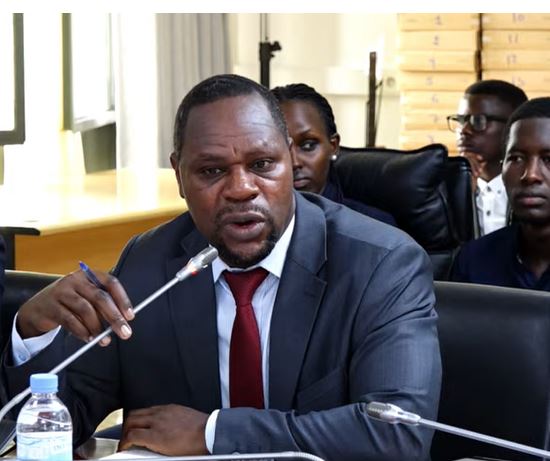
The Goverment of Rwanda has announced its participation in the 2025 edition of the Program for International Student Assessment (PISA). The Ministry of Education, through the National Examination and School Inspection Authority (NESA), is leading this initiative.
This initiative marks a significant milestone in benchmarking the nation’s educational standards against global norms and underscores our commitment to continuous improvement in the quality of education provided to Rwandan students. PISA is conducted in two phases: The “field trial” and “main survey”.
The Minister of State in the Ministry of Education, Irere Claudette, will officially launch the PISA field trial on Monday, May 27, 2024, at Lycée De Kigali in Nyarugenge District of Kigali City at 10:00 am.
The main survey will be conducted on 27th April to 7 June 2025.
Dr. Bernard Bahati, Director General of NESA, states, “The PISA 2025 Field Trial Test Administration will span 11 days, from May 27 to June 6, and will be conducted across 28 districts nationwide. This trial will involve 45 schools and 1,440 secondary school students aged 15, including 814 females and 626 males, who will be assessed in reading literacy, mathematics, and scientific literacy”.
The Director General adds: “The purpose of the PISA field trial is to test and refine the assessment instruments and procedures before the main survey. This phase ensures that the assessment tools and methodologies are valid, reliable. In addition, the field trial helps identify and resolve any issues with the assessment process, ensuring the main survey runs smoothly and produces accurate, comparable data on student performance”.
PISA, conducted by the Organization for Economic Cooperation and Development (OECD), is an international large-scale assessment designed to evaluate the proficiency of 15-year-old students in reading literacy, mathematics, and scientific literacy. The assessment aims to measure students’ ability to apply their knowledge to real-life situations, along with their critical thinking and problem-solving skills.
Dr. Bahati added, “In addition to assessment data, PISA collects data on students’ motive to learn and their self-perceptions, offering a comprehensive view of educational outcomes and utensil areas for improvement.”
About NESA: The National Examination and School Inspection Authority (NESA) is dedicated to overseeing the quality of education in Rwanda through the administration of national exams and the inspection of schools. NESA strives to ensure that all students receive a high-quality education that adequately prepares them for future opportunities.
About PISA: The Program for International Student Assessment (PISA) is a triennial international survey designed to evaluate education systems worldwide by testing the skills and knowledge of 15-year-old students. Coordinated by the OECD, PISA involves schools from around the globe. (End)
